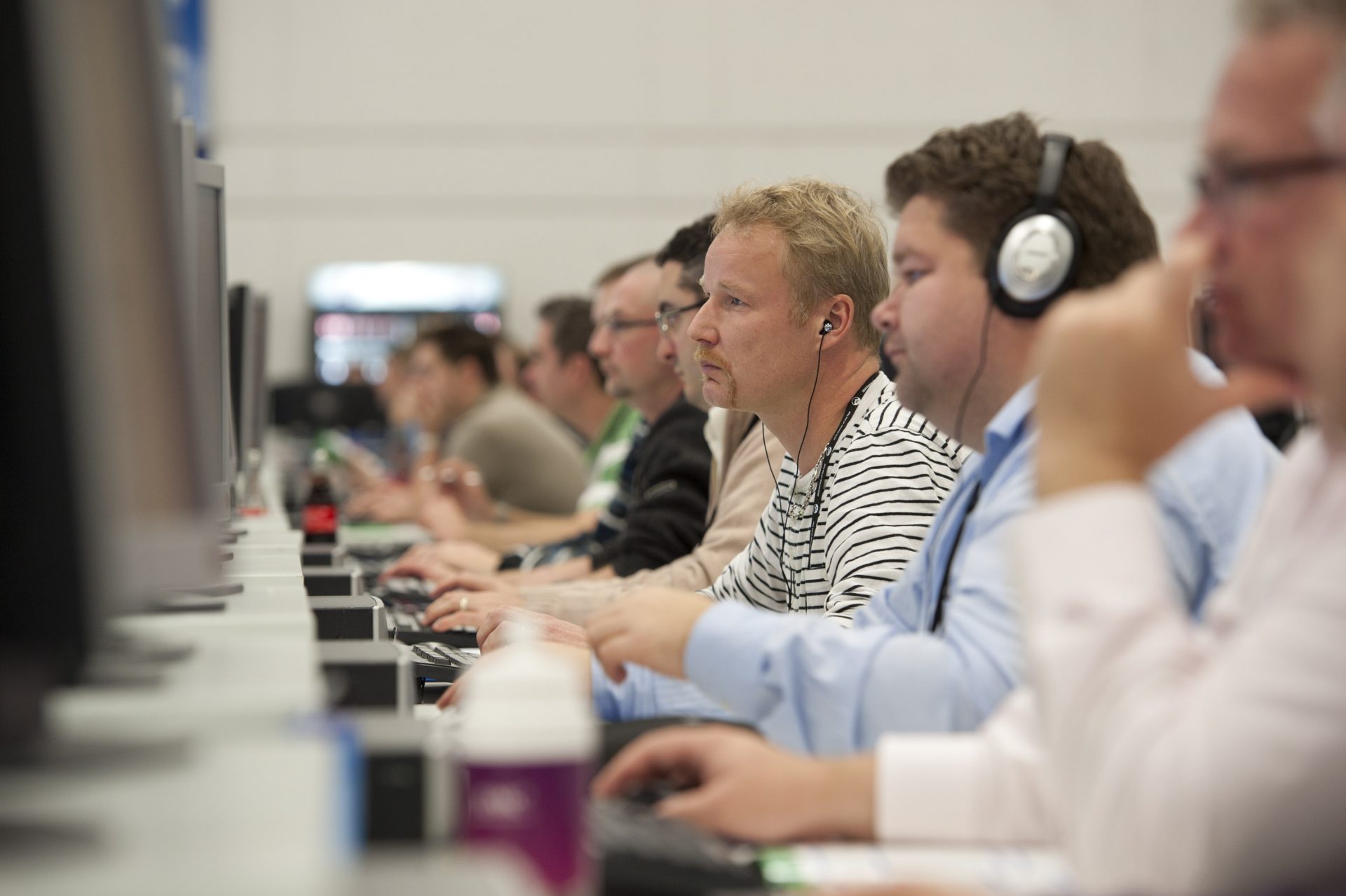There’s little doubt that the events industry has come a long way in recent years. Ten years ago, meetings and incentives were very low on many companies’ priority list. Today, the incentive business is growing from strength to strength. And the strategic importance of corporate events and meetings is widely acknowledged when it comes to revenue growth and brand awareness – due in no small part to the role of technology in their planning and execution.
Why technology’s important
The ability to leverage technology in meetings and events certainly plays an important role in this about face. Applied well, technology delivers a bigger bang for your buck. And it can also transform your meeting into a business enabler. This is because technology
- delivers accurate data analytics by which to measure success
- helps event organisers provide and capture feedback
- creates an environment in which both stakeholders and delegates contribute ideas and test them out in virtual or live scenarios.
Technology not only transforms the delivery of meetings, it also changes the relationship between the events themselves and those attending them. On the one hand, it’s evolving as an essential tool in every event planner’s portfolio and, on the other, it’s a crucial element in delivering delegate engagement.
The consumerisation of technology
There’s even talk of the ‘consumerisation of technology’. Planners and stakeholders today use technology in the meeting environment to help them deliver the same experience to the delegate that they would enjoy as a consumer in their private lives.
Certainly, there has been an explosion of technology in recent years that is aimed at meeting the delegates’ every need. From nutritional information relating to event menus to accommodation allocation and session schedules, the choice is overwhelming. But it’s important to remember that there’s always the danger of introducing technology for its own sake, rather than to serve a specific purpose.
Planners, on the other hand, need as much technical support as they can get. Technology eases the job of marrying stakeholder objectives with delegate engagement. And it makes planners more efficient and productive. Paperless events, user-friendly mobile apps and tailored technology eliminate many logistical headaches for back-office teams. Meanwhile, robotics, artificial intelligence, facial recognition and virtual reality help meeting owners and stakeholders achieve their goals, too. Technology is behind increasing numbers of exciting and immersive experiences that successfully reinforce corporate messages and engage delegates.
And, of course, all this technology makes measuring the success of your event much more scientific.
Embracing mobile apps
Mobile apps, in particular, are now commonplace at many meetings – and with good reason. They allow meeting owners to share agendas and send out messages and reminders. Delegates can take session notes. And planners track (and respond to) event analytics. More sophisticated apps also allow for the captured data to be fed directly into a company’s business systems. This might include finance, marketing or CRM – a function that can bring real quantitative value to an event.
Reach a wider audience
Technology also makes it possible to open up meetings and events to ever larger audiences. Live streaming means remote delegates can access real-time meeting information, participate in live sessions and provide immediate input. Similarly, facial recognition tools help meetings reach a broader audience through the use of ‘tagging’ on social media.
Improve logistics
At the same time, facial recognition technology helps to speed up event check-in queues and improve on-site security. Similarly, Radio Frequency Identification (RFID) tools are increasingly being used to replace ticketing processes. They also reduce the need for physical payments – all of which means faster check-in procedures and fewer security risks.
Add the ‘wow’ factor
But perhaps the most exciting developments – from a delegate perspective, at least – are artificial intelligence and virtual and augmented reality technologies. These all deliver highly personalised, immersive experiences for delegates and will undoubtedly give your meeting the ‘wow’ factor. Experts say AI is set to revolutionise the meetings and events industry. Virtual and augmented reality tools take your meeting to the next level. And both are powerful enough to bring an extra dimension to any event. This is because they deliver experiential elements that create a sense of connection between the delegate and company. This means deeper engagement and more interaction by the delegate, and delivers a better overall delegate experience.
Know what’s what
Certainly, we’re all being encouraged to embrace technology at every opportunity, but before you rush out in a frenzy of enthusiasm to do just that, a small word of caution: of course, technology is the way to go but, just remember that however exciting the potential deliverables, the spectre of GDPR looms overhead. Latest legislation means that the data collection enabled by technology must be completed within the legal framework of GDPR. Avoid exposure to potential data protection issues at all costs. Make sure you work with a reputable and knowledgeable provider and weigh up the pros and cons carefully before letting your enthusiasm – and imagination – get the better of you!
